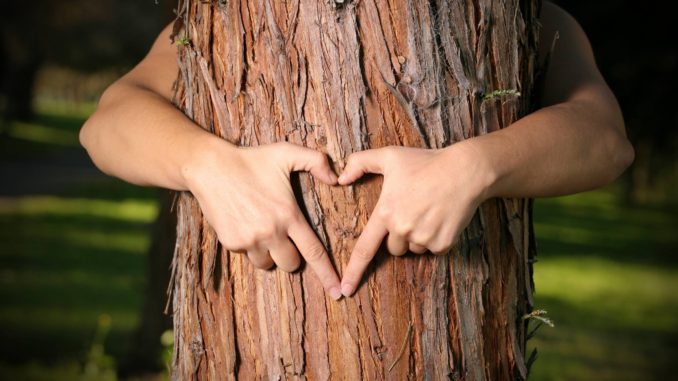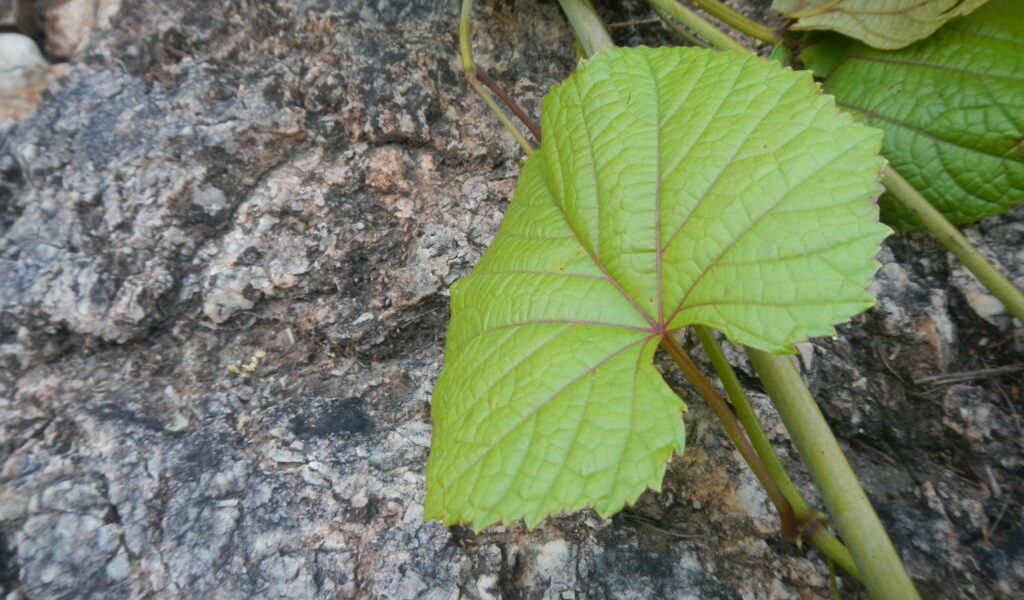
In recent times, scientists have found that interacting with nature benefits humans in numerous important ways. From physical health, such as reduced respiratory and cardiovascular illnesses, to mental well being, including lower levels of stress, nature’s benefits for humanity are manifold. There has also been a recent surge in interest in the benefits of humans developing a close relationship with nature- or ‘nature connectedness’. this has been found to be deeply beneficial for eudemonic well being, or the feeling that one’s life is worthwhile. This relationship with nature is extremely important and is also linked to lowering anxiety. Empirical evidence, in fact, shows us that simply noticing the good things in nature leads to significant mental health benefits. Connecting with nature thus helps us manage our emotions, which is very important for our well-being.
It is found consistently improvements in happiness, health and pro-nature behaviours there-in, by engaging with nature each day. During the current pandemic, there is evidence that people have been visiting green spaces more regularly and analysis of social media content has also shown that people are enjoying nature connectedness is actually higher that it was at this time last year.
Many people are certainly realising that there is no well-being without nature’s well-being. Significantly, noticing nature, through simple things like just listening to birdsong, explains pro-nature behaviours- those who notice nature more, do more for nature. The message is clear- nature connectedness must run as a theme through our efforts to encourage people to do more for nature. When studying nature, we need to ‘activate’ the pathways to nature connectedness- elicit emotion, generate meaning and celebrate beauty. noticing the goo things in nature is vital and a closer tie with nature is crucial for sustainable and meaningful living.
It may sound stark, but the warming climate and the loss of biodiversity show that in many societies, our relationship with nature is broken. During the pandemic, is has been noticed that more voices are talking about the need for a new relationship with nature. Given the scale of the issues, developing a new relationship with nature requires transformational change now- just as what is required to address to address climate warming and wildlife loss. A closer bond with nature must be embedded within our societies. We can create opportunities for everyday engagement with nature. this can range from our models of health and well-being incorporating the benefits of nature, to our relationship with nature being part of education, urban design, employment and so on. We must also control our use of nature now- as humans, nature is our real story. We need to protect that for our own narrative to continue.
Matter referenced:
Miles Richardson. Professor of Human Factors and Nature Connectedness, Human Science Research Centre, the University of Derby. Times Evoke, Times of India, Ahmedabad, Saturday, 11th July, 2020.
By: Dr. Bhawana Asnani.
Happy to see Reviews, Additions, Suggestions and Comments, further.

I just checked out these blogs extremely usually as well as especially your piece of material is always productive. An outstanding item of creating. You have revealed your ideas quite possibly. It seems that you never ever miss any possibility to expose your thoughts and also it is a fantastic thing for a writer. I have to state that in all my satisfying minutes, I check out fascinating blog sites like your own. I additionally compose blogs to reveal myself prior to the world. I make sure that you want to read it and also let me understand about your ideas. Gay Ignacio French
Way cool! Some very valid points! I appreciate you writing this article and the rest of the website is extremely good. Susanna Hercule Chace
I gotta bookmark this website it seems extremely helpful handy Dolorita Abbe Drud
Wow, your post makes mine look feeble. More power to you! Sascha Ronny Hugues